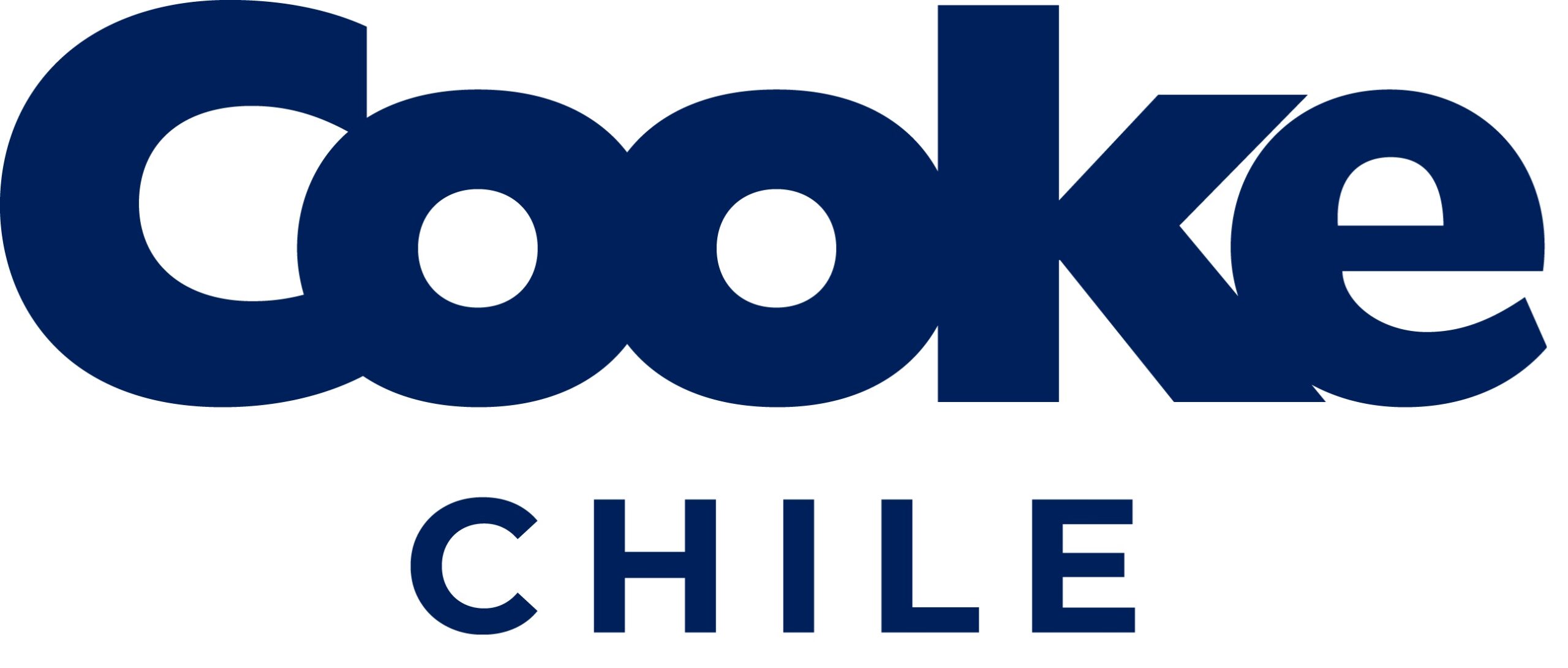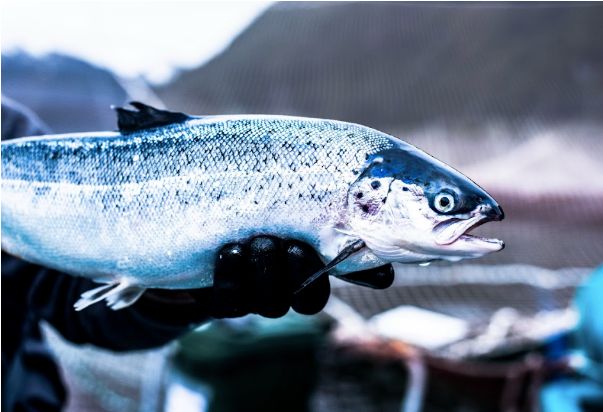Organic production responds to a general system of management of aquaculture and food production that combines the best environmental and cultivation practices, a high level of biodiversity, the conservation of natural resources and the application of demanding standards on animal and health welfare.
Cooke Chile recently obtained certification to produce organic salmon. For the first time in the region the accreditation guarantees that salmon farming is carried out in accordance with the organic production standards of the European Union (EU).
The certification was achieved after a long process, which involved additional efforts throughout the entire production chain. The above, given that organic production responds to a general management system for aquaculture and food production that combines the best environmental and cultivation practices, a high level of biodiversity, the conservation of natural resources and the application of demanding standards. on animal welfare and safety in production.
Among the main standards required by the European Union (EU), the following stand out:
● The freshwater, saltwater and processing plant facilities have been converted and certified for operation according to the requirements of the organic standard.
● Culture densities in freshwater breeding centers are limited to a maximum of 20 kg/m3.
● Culture densities in saltwater fattening centers are limited to a maximum of 10 kg/m3.
● All ingredients in organic salmon feed are certified organic.
● Fish oil and fishmeal come only from 100% certified sustainable fisheries.
● For the natural color of the salmon, Panaferd was used, a 100% natural and ecological dye.
● Biosafety management free of chemicals.
● During production the absence of genetically modified animals is certified.
This milestone not only represents a new standard in the way salmon is produced in Chile, with a method that is more respectful of the environment and healthier for consumers, but also symbolizes the entry of our country into the international organic salmon market, considered by many as a fundamental part of the food solution of the future.

